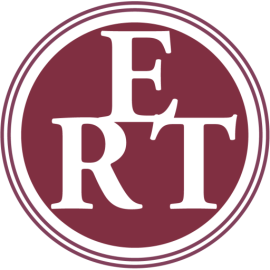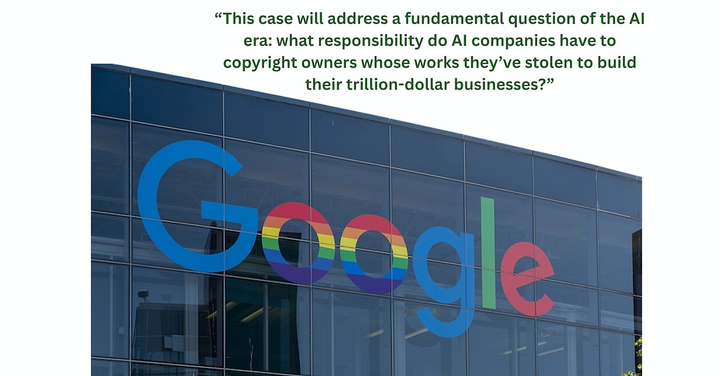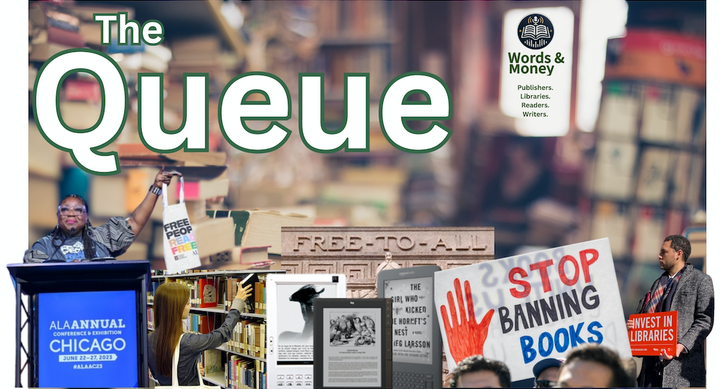The Queue: Library News for the Week Ending October 17, 2025
Among the week's headlines: the publishing world gathers for the Frankfurt Book Fair; North Dakota librarians look to move past right wing political attacks; more on the fallout from Baker & Taylor's collapse; and a program to preserve censored National Park signage goes live.
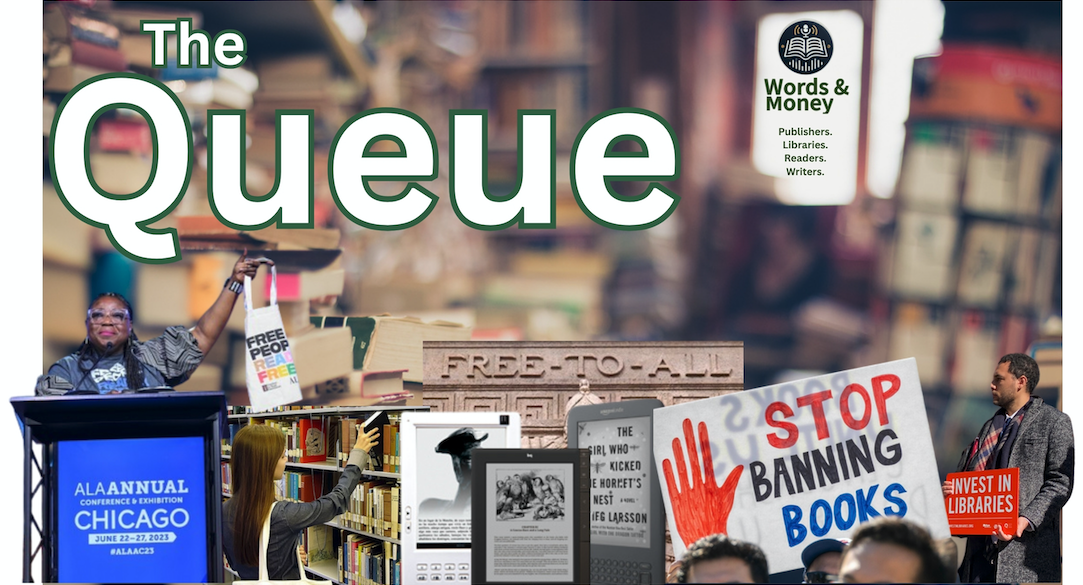
We'll soon be on our way home from a busy 77th Frankfurt Book Fair—and once again the world's premier global publishing event did not disappoint, showcasing the power of the international literary community and the importance of in person gatherings, especially in such challenging times.
In a release today, Frankfurt Book Fair officials said that preliminary attendance showed a 3% jump in professional attendance over the 115,000 who attended the 2024 fair, with brisk rights dealing. Meanwhile, across the fair's many stages and program tracks, industry professionals addressed a host of challenges including AI and social media platforms, diversity in publishing, book banning and the freedom to publish, and the impact of a fractious geopolitical landscape.

As Publishing Perspectives reports, fair director Juergen Boos highlighted the importance of this year's event at an opening press conference on October 15.
“The Frankfurt Book Fair shows what literature can do. It connects people, it can tolerate contradictions, and it can reveal new perspectives," Boos said, acknowledging that this year's event comes amid hot wars and culture wars raging across the globe. “Even in Western democracies,” Boos said, “there are culture wars which have a direct impact on publishing. Libraries remove whole genres from their shelves. Grants are being filtered politically, and the freedom of science and publication comes under threat."
As Expected, Trump Refiles $15 Billion Defamation Suit. It's Still Terrible.

Via Publishers Weekly, President Donald Trump this week refiled his moonshot $15 billion lawsuit against The New York Times, several of its reporters, and publisher Penguin Random House. As Words & Money previously reported, the move comes after a federal judge struck Trump's original 80-plus page complaint, finding the rambling, hyperbolic, comically obsequious complaint failed to properly state a case. The judge gave lawyers 28 days to file a new complaint, along with a 40-page limit.
"With a second attempt, this lawsuit remains meritless," a PRH spokesperson said. "Penguin Random House will continue to stand by the book and its authors just as we will continue to stand for the important fundamental principles of the First Amendment."
North Dakota Librarians Look to Move Past Political Attacks
In a story that will surely resonate with many librarians amid the years-long wave of book bans and attacks on libraries, the Grand Forks Herald reports that North Dakota libraries are looking to restore trust after a bruising political attack on libraries in the state over allegedly obscene library books.
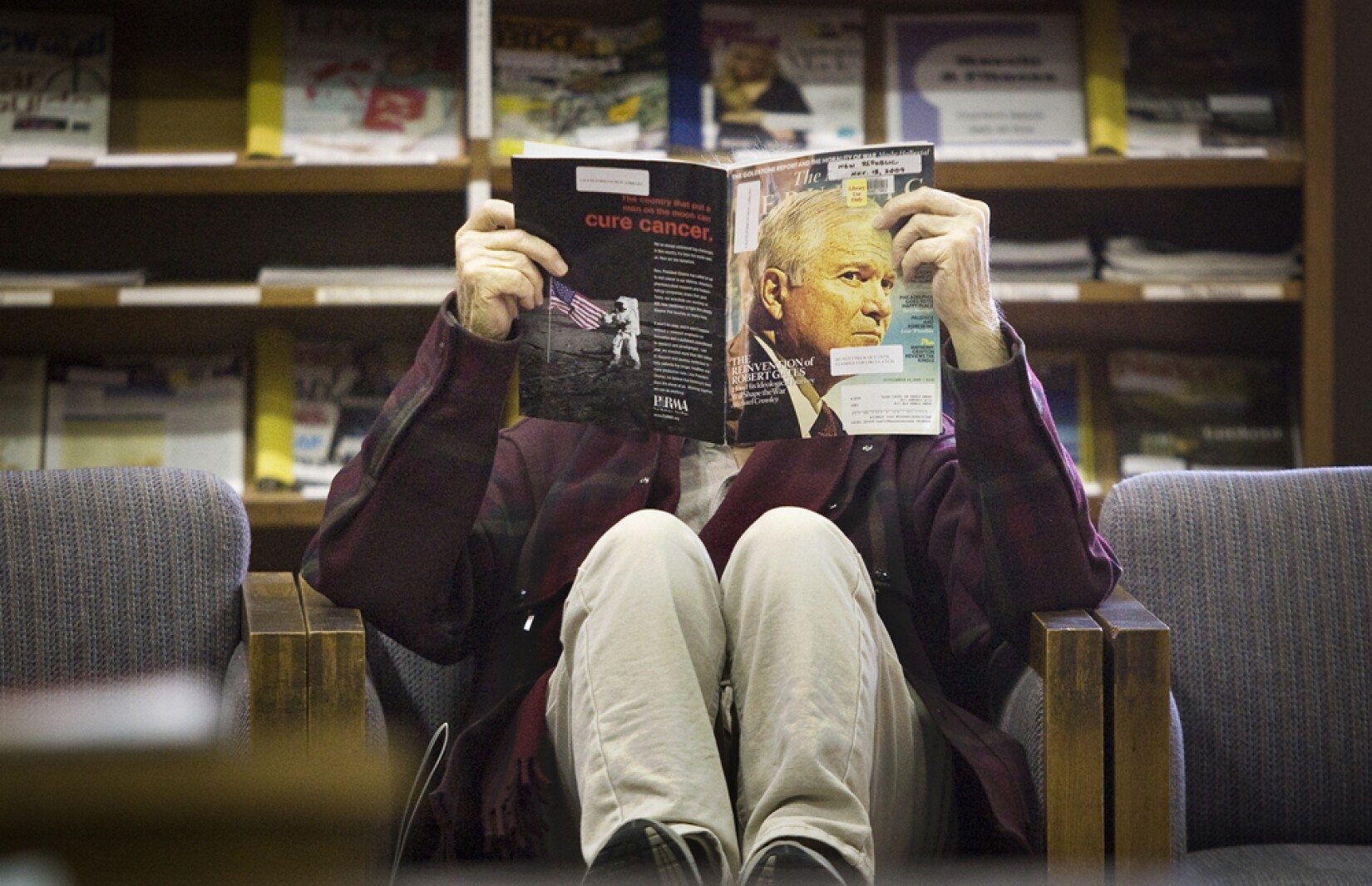
North Dakota State Librarian Mary Soucie told reporters that "policies nationwide that aim to put restrictions on books have caused some people to view libraries—and the people who run them—as increasingly politicized," adding that "for many in the field, such questioning of their profession can take a toll."
The article comes after North Dakota Governor Kelly Armstrong in April vetoed SB 2307, one of the nation's most controversial book banning bills. "To counteract the decline in trust," the article notes, Andrea Placher, president of the North Dakota Library Association, said one of the association's main missions this year is to get people to shift gears away from the tense political attacks that animated SB 2307 and to instead share their library-related "stories of joy."
At Eleanor Roosevelt Banned Book Awards, Margaret Atwood Talks Book Bans, Standing Up for Librarians
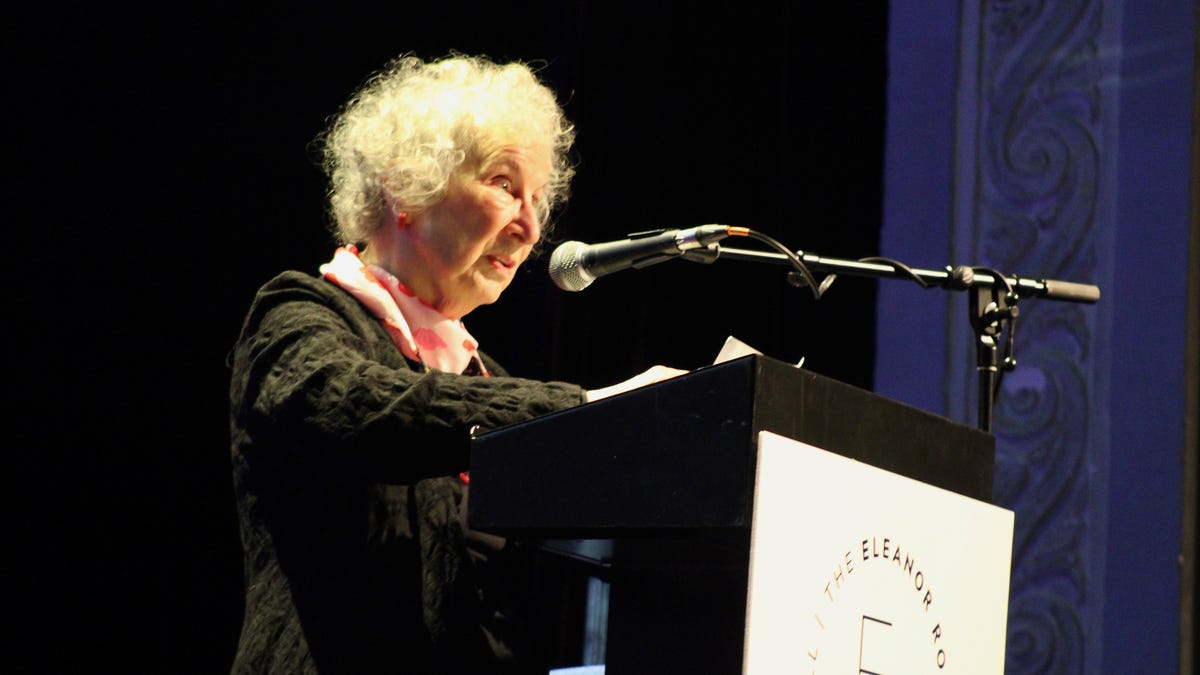
Winding up Banned Books Week, the second annual Eleanor Roosevelt Banned Book Awards were held on October 11 at Bardavon 1869 Opera House in Poughkeepsie, NY, where the great Margaret Atwood was among the honorees, as well as Texas school librarian and "FReadom fighter" Becky Calzada.
The Poughkeepsie Journal has a nice report on the evening. "It is power to be a librarian, but because librarians are powerful, other people who want to be more powerful will target them too," Atwood said, during a fireside chat, according to the Journal, thanking librarians for "risking their livelihoods" and urging their communities "to stand behind them."
Calzada, meanwhile, was honored with the Literary Freedom Award for her efforts, including the founding of the grassroots organization Texas #FReadom Fighters in 2021. "Calzada accepted the award by recognizing the 'village of grassroots organizers' it takes to maintain access to books, including teachers, librarians, authors and readers alike, who believe that all stories matter, that truth matters and that the freedom to read is worth defending every day,'" The Journal reported.

Penguin Random House, a sponsor of the awards, also has a good post on their blog, with pictures from the evening. Honorees also included authors John Green, Malinda Lo, Matthew A. Cherry and Vashti Harrison, Juno Dawson, and Peter Parnell and Justin Harrison.
PEN America Urges Supreme Court to Hear Llano County Book Ban Case
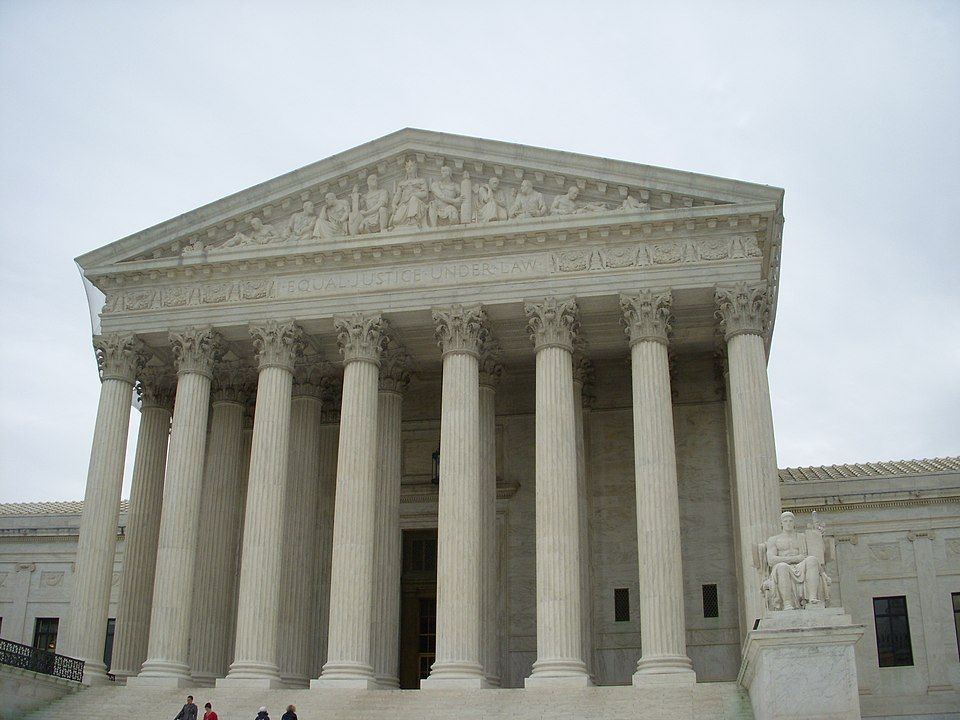
PEN America this week filed an amicus brief urging the Supreme Court to review a controversial Fifth Circuit decision in Little v. Llano County that will likely have a major impact on the future of book banning in libraries.
"It should be axiomatic that government officials cannot remove library books because they disapprove of the viewpoints expressed in them–that is what decades of First Amendment precedent require,” said Elly Brinkley, staff attorney for U.S. Free Expression Programs at PEN America. “Unfortunately, the movement to ban books across the country has been premised on radical misinterpretations of the First Amendment that deny patrons the right to receive information and allow government officials to impose their ideological beliefs on the public with impunity. These dangerous arguments pose a grave threat to our democracy. This case is an opportunity for the Court to affirm what we know to be core First Amendment rights.”
More on the Fallout from the Baker & Taylor Collapse
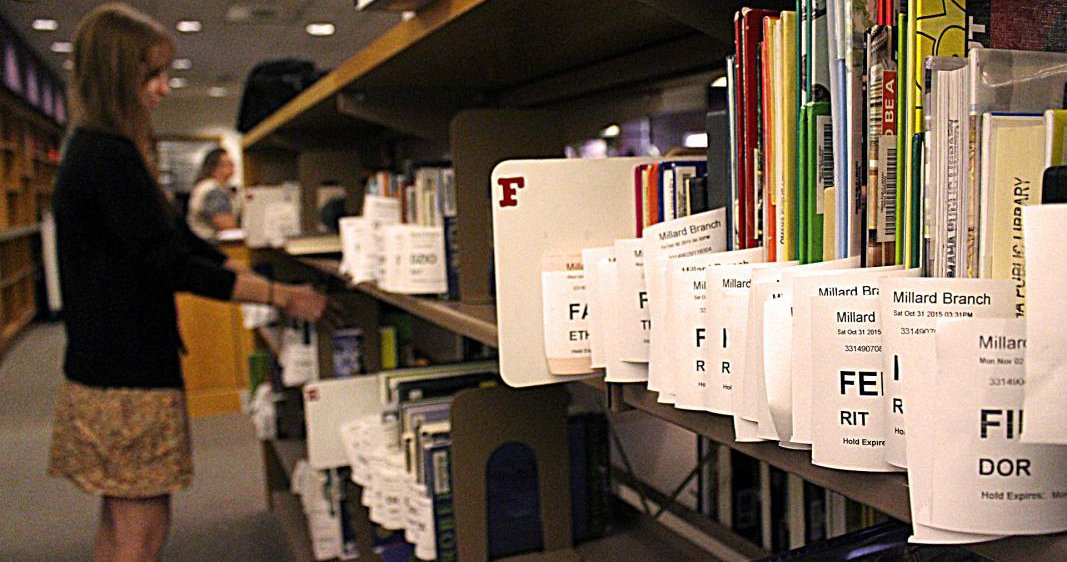
Nebraska Public Media has a pretty representative report on how libraries are coping in the wake of Baker & Taylor's collapse.
"Kearney Public Library is in the process of switching to a different primary distributor, Ingram, and reordering unfulfilled stock from Baker & Taylor. To determine reordering priorities, library staff will look at how many hold requests incoming titles had. Titles with the most requests will be at the top of the reordering list," the article notes, adding that librarians expect that it will take "months" to catch up.
Meanwhile, some libraries are considering a range of different retailers to fill the hole left by Baker & Taylor, including Amazon. "The trouble with libraries using Amazon," one librarian told the outlet, "is that its distribution is geared toward the general public, not libraries–making the ordering and stocking process even more cumbersome."
Michigan Bill Seeks to Ease the Path to Becoming a School Librarian

Public Policy nonprofit The Mackinac Center this week praised a recently introduced bill in Michigan, HB 4922, that would eliminate the requirement for school librarians in the state to have a master’s degree.
"This is a good bill," writes Mackinac's Jarrett Skorup. "The vast majority of schools in Michigan don’t have a full-time librarian, and the number of school librarians has plummeted. Which makes sense—many would-be librarians find it easier just to become teachers to earn as much money without needing the extra degree and years out of the job. People who want to be librarians can save time and money by deciding instead to work in a community library rather than in a school."
'Save Our Signs' Archive Officially Launches
The Save Our Signs project (SOS), a community-driven effort to preserve signage from our national parks in the wake of the Trump administration's efforts to rewrite history, officially launched this week with a collection of more than 10,000 photos of at risk signage taken by visitors at National Parks.
"Save Our Signs was formed as a result of Executive Order 14253, “Restoring Truth and Sanity to American History,” which seeks to erase “negative” stories from any federally-managed properties, and the subsequent Secretary of the Interior Order 3431, which called for the removal any materials that “inappropriately disparage Americans past or living,” reads an SOS press release announcing the launch this week. All photos in the SOS Archive have been released to the public domain, and people are encouraged to "download and use them as they wish."
A Major Donation Will Improve School Libraries in One Maryland County

Via local affiliate WTOP, a major donation from an anonymous donor will see dozens of antiquated school libraries fixed up in Prince George's County, Maryland. "These renovated libraries, at a cost of tens of thousands of dollars each, are all being paid for by a donor who grew up in Prince George’s County and donated the money to the nonprofit Heart of America.
One of the first new libraries to open is at Andrew Jackson Academy in District Heights," the report notes. Principal Warren Tweedy told reporters at WTOP the library was able to replace its flooring, shelving, lighting, and, most importantly, to update its collection with new, diverse books that meet the needs of the school's diverse populations, Principal Warren Tweedy told reporters. "Because we have about 23 different ethnicities within the building," Tweedy said. "Just to see yourselves in a book, it’s pivotal for a kid when it comes to their academic success.”
On a personal note, I'm always conflicted when I see stories like this. On one hand, I applaud the vision and generosity of the donors. But the fact remains that good school libraries should not have to depend on donations, a point Heart of America CEO Jill Hardy Heath hinted at in her comments.
“So often today’s libraries and schools are antiquated,” she told WTOP. “They’re forgotten spaces, when they really need to be the pinnacle of the school.”
New Research Heralds School Librarians' Role in Student 'Well-being'

Phys.org this week highlighted new research published in the Journal of Librarianship and Information Science (Sage) which shows the critical role school librarians in Scotland play in supporting students' "well-being," even though "their work in this area is often overlooked," the article notes.
"The study of library practitioners' work found that they often went far beyond their core responsibility of supporting pupils' development by cultivating a love of reading, expanding their outlook through a broad selection of books and increasing their autonomy," the article states. "They also took on a pastoral role by fostering a sense of the libraries as safe spaces in school where pupils, especially those from minority and marginalized groups, could find support."
Digital Lending Costs Behind Evanston's Decision to Leave Statewide Consortium

In a letter to the Evanston Roundtable, a trustee of the Evanston Public Library explains that the library has withdrawn from the Digital Library of Illinois over unsustainable digital lending costs.
"You’ve probably noticed long wait lists for popular items. If 100 people want to listen to an audiobook and each copy can only be borrowed 26 times, the library ends up spending over $350 just for that one title," the letter explains. "These high costs for libraries, plus the annual fees for the Digital Library of Illinois, are not sustainable. Last year, Evanston Public Library paid a fee of about $26,300, the highest fee in the consortium, yet our residents still had to wait a long time for popular books." Instead, the letter continues, the library plans to build its own digital collection.
In Kentucky, Newly Seated Board Member Wastes No Time Voting to 'Relocate' Four LGBTQ+ Books
Via the Owensboro Times, the Daviess County (Kentucky) Public Library Board, with a newly installed board member Tim Kline, a local pastor, wasted no time voting to relocate four LGBTQ+ books: Sex Plus, Queer, This Book Is Gay, and Flamer, despite a review committee deciding to keep the books in the library's YA section. "I just think, as a general matter, we ought to rethink just what it means to be a young adult, because I don’t think a 13-year-old and an 18-year-old are anywhere close to the same boat,” Kline told the Times, "pointing to content he described as inappropriate for younger teens."
Next Week is Prison Banned Books Week

Over at Book Riot, Kelly Jensen leads off her weekly must-read censorship news column with a nod to Prison Banned Books Week, which kicks off next week. "Censorship thrives in prisons for several reasons, including the fact that the private, for-profit industry doesn’t need to care about the rights of those housed within them," she writes. "It also thrives because the general public does not understand how bad the conditions are for those experiencing incarceration, does not understand how the prison industrial complex operates, and, frankly, the general public does not understand why they should care about those who are in prison."
And Finally This Week...

Sometimes, you have to laugh to keep from crying, and these librarians are bringing the funny. As librarians face unprecedented attacks from book banners, a Trump administration bent on rewriting history to its own authoritarian ends, and an onslaught of AI-generated deepfakes and slop, Upworthy reports on some hilarious viral videos created by libraries designed to remind people that they can trust their local librarians.
"This kind of silliness from public libraries is exactly what some of us need to be hit with, especially if we tend to doomscroll," Upworthy notes. "The fact that these are just local folks having fun in their jobs trying to get people to do the most wholesome thing in the world—frequent the public library—is so heartwarming. Will more libraries get in on the cheeky action? Let's hope so."










